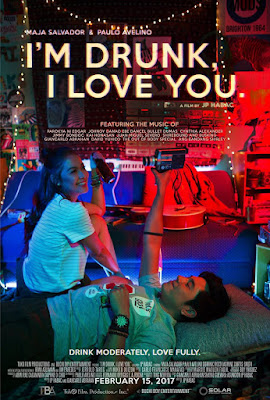KARERA (Adolfo B. Alix, Jr.)
The beauty in the films of Adolf Alix is that they enable you to meditate on their elements, the minutest details even— the color of a blanket, the arrangement of furniture in a house, or the mood changes on a character’s face.
Alix likes to start his films by establishing his location. In KARERA, we see the Sta. Ana race track and a nameless figure watching by. Then we see Laurice Guillen as she attends worship at El Shaddai, a religious group convening every week in Parañaque, from night till dawn.
Later on we learn that Guillen’s character is named LV, who runs an illegal betting scheme and seems to be influential within the race tracks. People know her, and she commands this implied reverence that probably comes with how long she’s been connected with the race tracks.
We also see that LV is superstitious, and does not seem to have the makings of a career criminal. In a way it could imply that there are a lot of people like LV, everyday people, who are good-natured but pressured by society to make money illegally.
A little further on, we see her as the matriarch of a household divided by life choices, or the absence of it. Her son, played by Jay Manalo is a horse caretaker who is in hot water; her other son played by Joem Bascom is a bookie, and; her only daughter played by Rosanna Roces is on the lam.
The significance of the horse race being the film’s incidental theme may indeed be a metaphor for the film’s characters putting the fate of their lives in a wager. In fact, if you are paying attention (and a bonus for you if you are familiar to Alix’s other films), almost all elements early on point to how the story will end.
KARERA is another ultrarealist entry into the Alix oeuvre which audiences have come to love, but I wish that the plot would be not as paper thin as it is. In another way of seeing it, the film breaks genre conventions for it presents human drama as it is without embellishments. You cannot possibly inject all subplots and back stories especially when the film’s timeframe happens in a single day, yet the story could use some more description of its characters, especially Bascom’s.
And like other Alix films, the film does not conveniently hand out explanations, which gave me room to ponder.
The trademark Alix elements— the character walking from Point A to Point B in a single take, the social illness, and that piercing meditation of the lead character in the end— they’re all here.
RATING: 3/5

Comments
Post a Comment